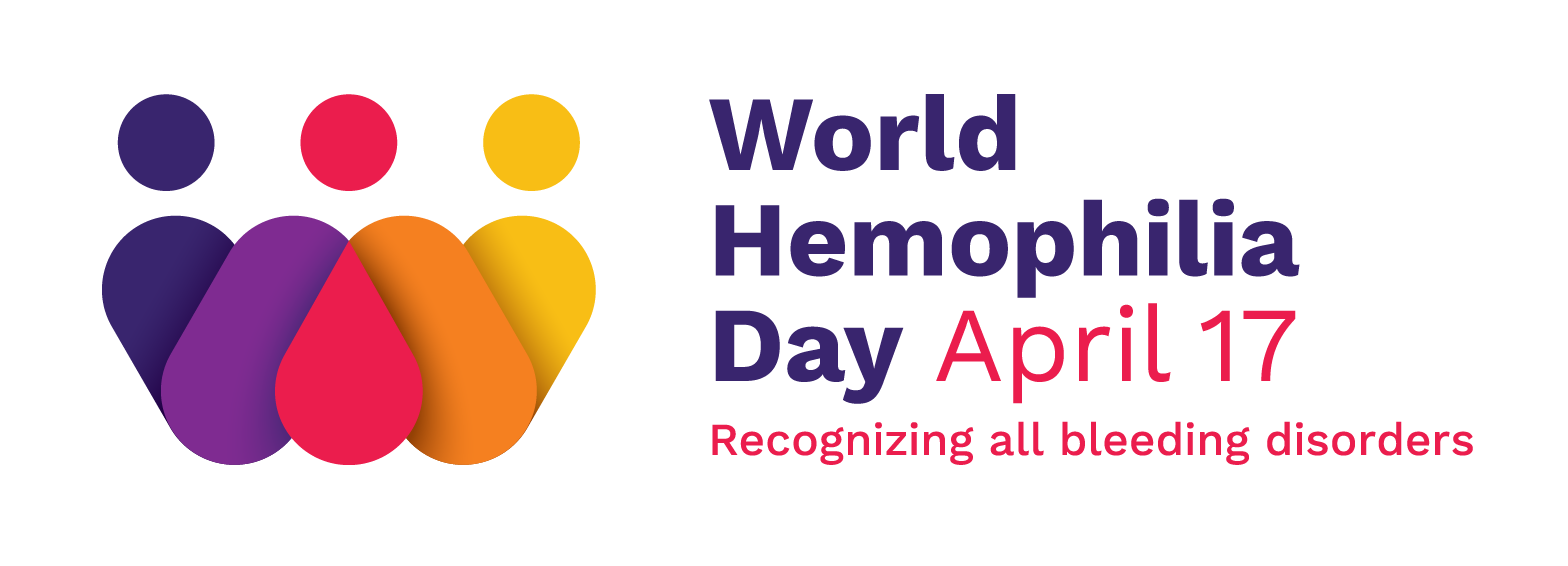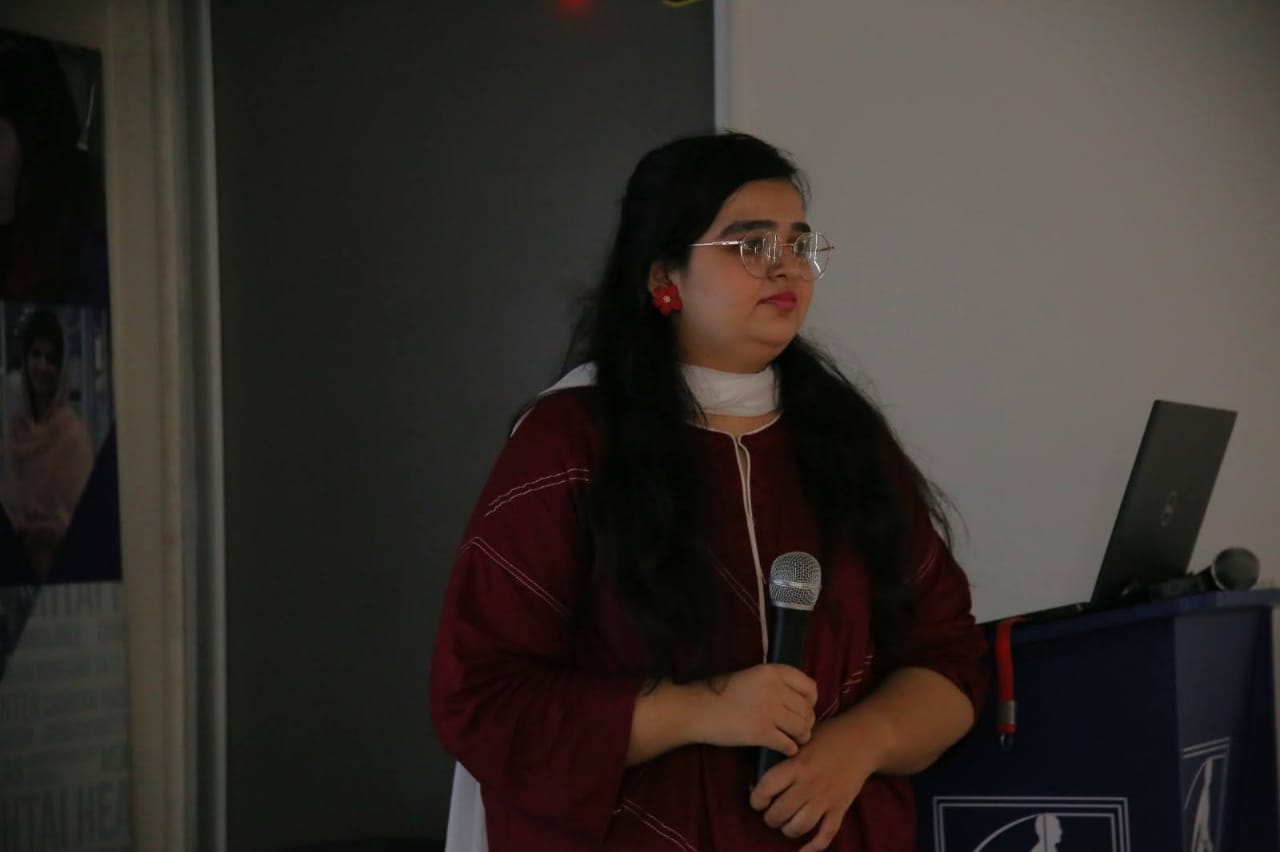The Girl Who Bled Hope
Life is no bed of roses; it is a profound journey marked by shadows and light, by trials and triumphs. Each path—whether smooth or stormy—shapes us in ways words often fail to express. Ultimately, it’s our own strength, choices, and resilience that determine how we walk this road. And so, here unfolds the story of my journey—each step etched with emotion, growth, and meaning, leading me to this very moment.
I am Midhat Khalid, currently pursuing my MS in Clinical Psychology, a field that mirrors the empathy and resilience I’ve grown up with. I recently graduated from Government College University, Lahore (GCU), but my journey began far before any degree—at just two years, when I was diagnosed with Von Willebrand Disease Type II (VWD Type II).
It all started with a fall from a window. I received stitches on my face, but the bleeding wouldn’t stop. That moment was more than just a physical injury—it marked the beginning of a life lived with extraordinary challenges. After a series of tests, my diagnosis was confirmed. My parents, unaware of such a condition and with no family history of it, were overwhelmed. We were introduced to the Hemophilia Patients Welfare Society (HPWS), Lahore, where I met Dr. Shahla, a guiding light who not only registered me as a patient but became a mentor through the most fragile years of my life.
Growing up as the youngest and third-born child in a nuclear family, I was treated with constant caution. My siblings lived freely, while I had to walk on metaphorical eggshells—every step measured, every activity weighed for risk. Being a girl with a bleeding disorder in a society that already puts limitations on girls was a double burden. While others were concerned with dolls and dresses, I was learning about infusions, bleeding triggers, and hemoglobin levels. I became my own caretaker before I even learned how to care for others.
From early on, I was a shy child. I avoided large gatherings, never indulged in late-night outings—despite being a girl, I never experienced the carefree joys associated with girlhood. But in the silence of solitude, I found purpose—in books, in learning, in my love for understanding the human mind. That’s what led me to psychology. Dr. Shahla once told my parents, “Never compromise on her studies. She has the thirst for knowledge.” And they never did.
I completed my O-levels and joined Lahore College for FSC (Pre-Medical). I kept my condition hidden, even from friends. Only one teacher knew. I didn’t want sympathy; I just wanted to live as normally as I could. But normalcy was elusive. My health would often intervene in painful, dramatic ways.
During college, I developed a habit of drinking cold coffee, unaware it would impact my health. The result was severe menorrhagia—my hemoglobin dropped to 5. Just before my pre-board exams, I was hospitalized. On January 1st, 2020, I was given a blood transfusion, and the next day, an iron infusion. That infusion nearly cost me my life—my blood pressure soared to 250, and I vividly remember jumping on the hospital bed, losing consciousness. For the first time, I saw death up close. That experience changed me. Since then, oral medications and monitoring my health have become part of my daily routine.
But July 2016 was a turning point—not in health, but in purpose. I began participating in HPWS workshops and meetings. I remembered what Dr. Shahla always said: “Never hide this disorder. Own it—it’s your special ability.” That was the moment I stopped seeing VWD as a weakness and began embracing it as a part of my identity.
I started working actively for my “bleeding brothers and sisters,” raising awareness, educating, and sharing my journey. Today, I’m proud to serve as an Executive Board Member of HPWS, an Executive Member of Hemophilia Foundation Pakistan (HFP), the Youth Leader of the Lahore Chapter, a National Youth Group member, and a representative for women’s groups both nationally and at the chapter level. Each of these roles fuels my mission to make life better for others like me.
Being a girl with a rare bleeding disorder in a patriarchal society like Pakistan comes with challenges few can understand. From avoiding sports to hiding sanitary products and enduring judgment for skipping classes or gatherings—every aspect of life becomes a delicate negotiation between pain and expectation. Society often views girls as fragile, but add a bleeding disorder, and you’re treated like you’re broken. I have had to fight for my dreams twice as hard—once against the limitations of my body, and once against the limitations placed by society.
But I am here. Still standing. Still dreaming. And still fighting—not just for myself, but for every child, every girl, every patient who thinks their condition makes them less than.
As a future psychologist, my goal is to serve not just minds but hearts—especially those who bleed in silence. My dream is to show the world that a person with a bleeding disorder can do anything. All we need is awareness, compassion, and a few precautions.
To those who live with rare disorders: you are not cursed, you are chosen. God gives the most sensitive hearts the heaviest burdens—not to break them, but to shape them into healers. We are here to serve, to feel deeply, and to light the way for others in the dark.
Never lose hope. There is always light at the end of the tunnel—even if you have to bleed your way through it.

